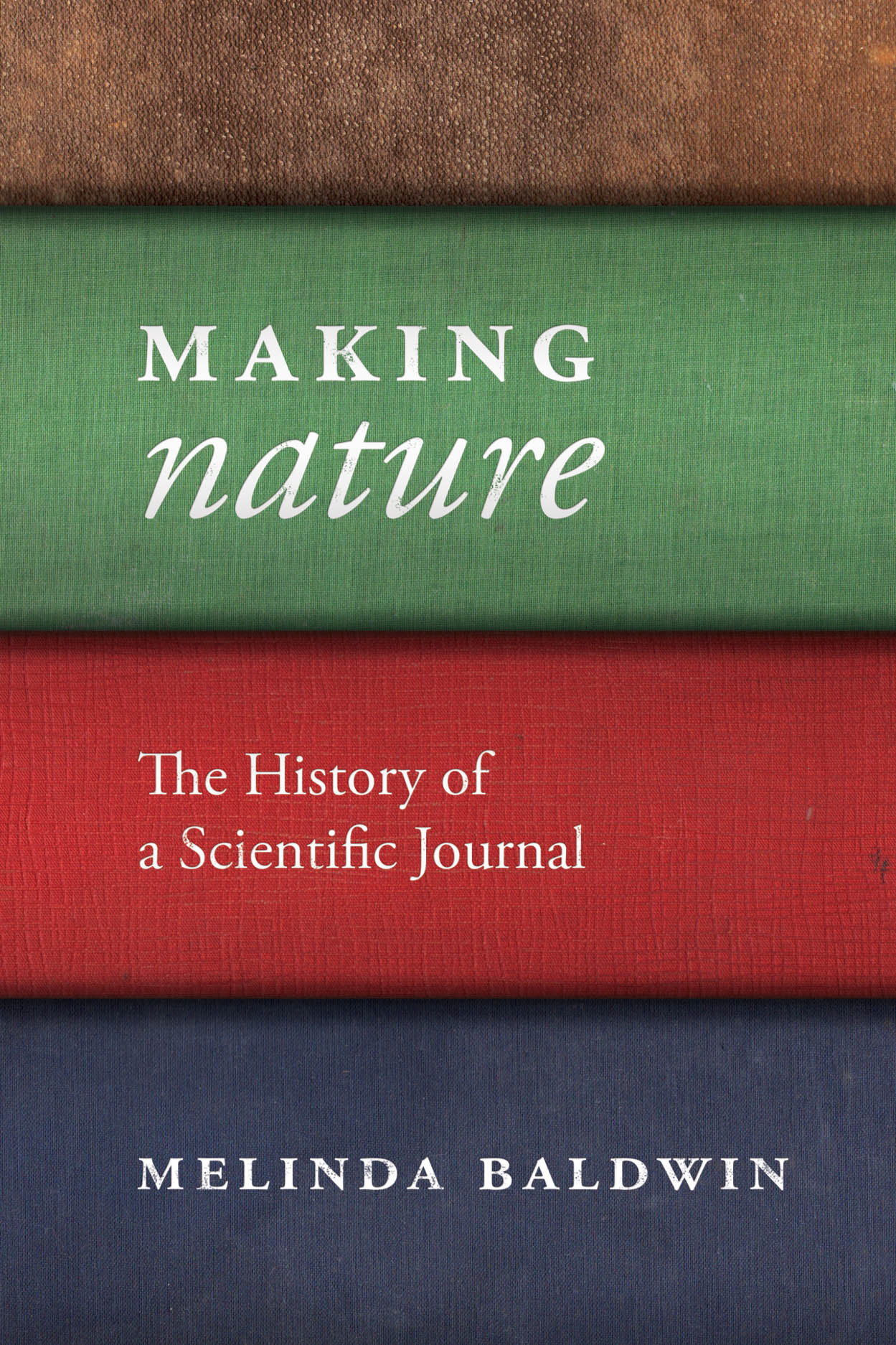 From Melinda Baldwin at Physics Today (where she is Books editor)
From Melinda Baldwin at Physics Today (where she is Books editor)
The imprimatur bestowed by peer review has a history that is both shorter
and more complex than many scientists realize.
…
At the end of the 19th century, an important shift began to take place in the scientific community’s view of referees. With concerns growing about the overall quality of the scientific literature, the referee was no longer simply helping protect the reputation of a scientific society or journal. Instead, the referee was increasingly seen as someone whose work was to protect the reputation and trustworthiness of the entire scientific literature, to staunch a flood of “veritable sewage thrown into the pure stream of science,” as physiologist and Member of Parliament Michael Foster put it.3
Hmmm. Those kinds of crusades usually end badly. For one thing, most actual enemies in these matters are within ourselves.
Peer review’s role in the scientific community has never been static. Its form and purpose have been shaped and reshaped according to what scientists needed from the practice—whether it was credibility for a scientific society, improvements in the scientific literature, or assurances to public funders that their money was being spent responsibly. If scientists are to tranform peer review’s future, they must consider what purpose they want it to serve—and whether that purpose can indeed be fulfilled by reports from two or more referees.
More.
Peer review, was actually a system that “just growed” after World War II and had thrust upon it the role of science cop—without anyone really considering how well the system was adapted to playing that role.
Then, of course, struggling scientists reverently protected its status without addressing the problems, until finally… Finally, they now yell at the public for “doubting science” when—in fields of which many laypeople have every reason to be knowledgeable, such as health concerns—there is good reason for doubt.
If science refereeing isn’t out of date, there has got to be a better way of doing it.
Note: Baldwin is also author of Making “Nature”: the History of a Scientific Journal (2015)
See also: Research group: Up to 85% of medical research funds may be wasted
Blinkers Award goes to… Tom Nichols at Scientific American! On why Americans “hate science” Health science is the way most people interact with science and in many areas, it is running neck and neck with the office rumor mill for credibility.
and
Peer review “unscientific”: Tough words from editor of Nature
Follow UD News at Twitter!